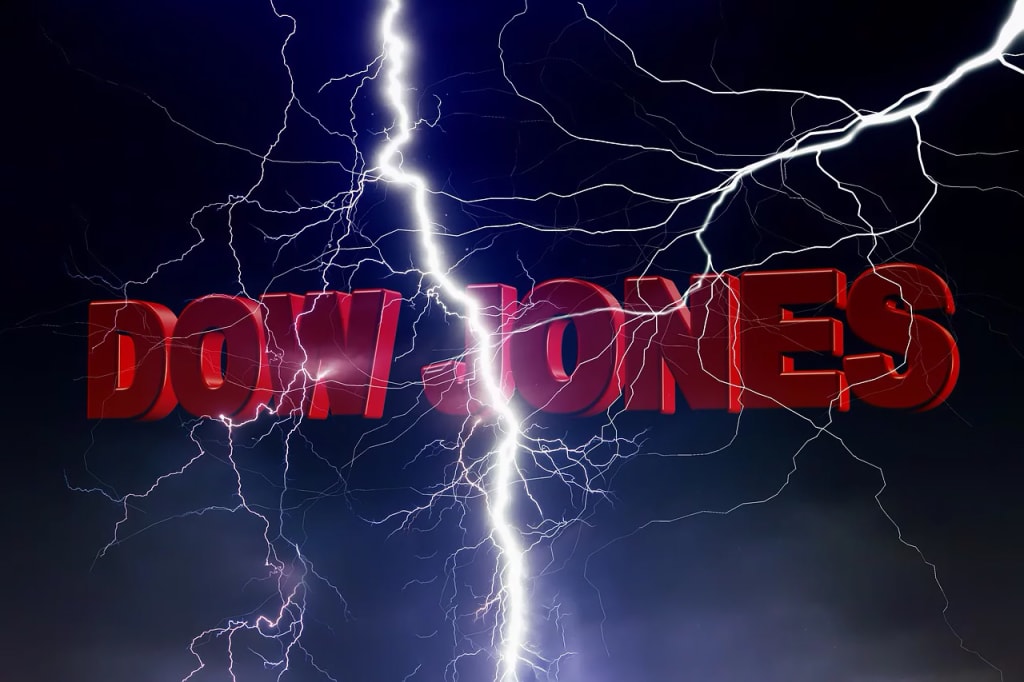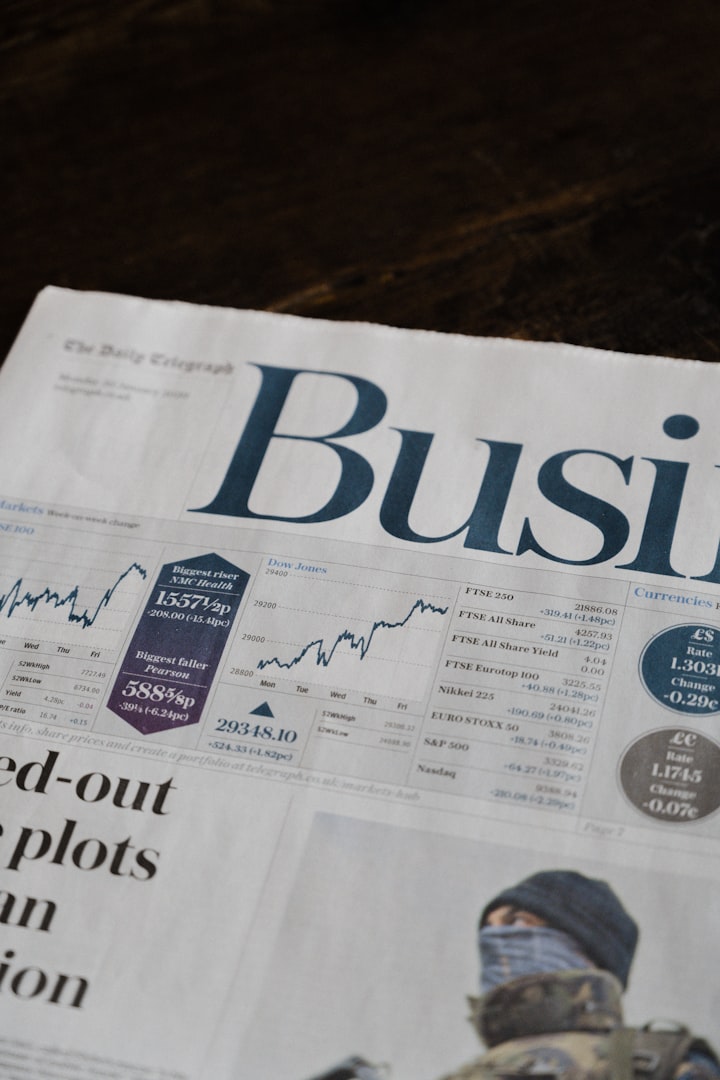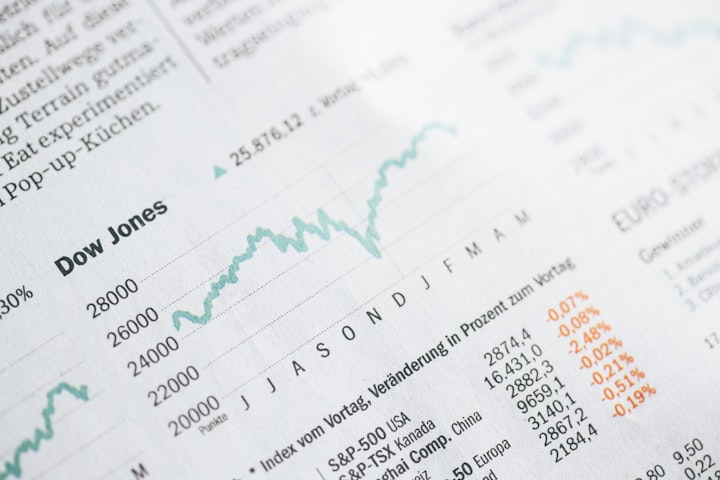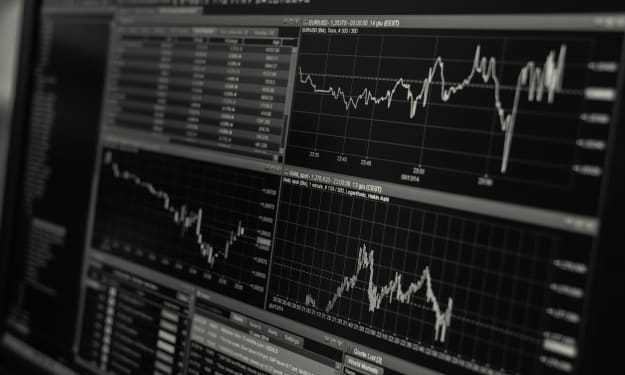Coronavirus Puts An End To The Largest Bull Market In Wall Street History: Dow Jones Falls 20% In One Month
Nervousness and volatility continue to dominate trading on the world's stock markets, which are looking increasingly fearfully at the effects the coronavirus is causing, in the face of the possibility that the crisis will lead to one similar to that of 2008.

And panic was unleashed after the World Health Organization (WHO) declared Covid-19 a pandemic, adding to the disappointment generated by the few details of Donald Trump's plan to deal with the economic impact of the disease.
Wall Street, the world's largest stock market, fell hard once again and lost everything it had gained in the previous session. The Dow Jones sank by 5.86% and entered what experts describe as a "bear market" which is a 20% drop from its last record on February 12.
The European stock markets closed before the announcement by the WHO. And in a highly volatile session, in which they rose almost 2%, the main indices of the old continent ended the day in red. The Frankfurt Stock Exchange, the most important in the block, fell 0.35%.
In Chile, the Santiago Stock Exchange's IPSA experienced a drop of 2.23% and lost the 4,000-point barrier for the first time since July 2016. Latam (-7.30%) and Enel Generación (-5.06%) were among the most affected shares of the day.
"Foreigners and locals are selling. There is widespread panic around the world, but Chile is going to be defensive among the main markets in Latin America in the face of the sharp drop that followed the social outburst," explains Germán Guerrero, a founding partner of MBI Inversiones.
And the rest of the markets in South America have had even worse times. Of course, the Sao Paulo Stock Exchange suffered a violent drop of more than 7% and even had to suspend operations when the drop was more than 10%, while Buenos Aires fell 4.3%.
Rates and measures

The world markets have the reference and welcomed the Bank of England's unexpected decision to unexpectedly lower the interest rate to tackle the coronavirus.
In addition, the European Central Bank warned the continent's leaders that if they do not take coordinated measures now, they could face a scenario similar to that of the 2008 crisis. For the same reason, it announced that it will adopt exceptional measures at its meeting tomorrow.
"This is the only thing that central banks can do in a public health crisis," said Neil Dwane, global strategist and portfolio manager at Allianz Global Investors, reported Reuters.
"They are trying to remove the constraints on banks to make sure we don't have a cash crisis," the expert added.
In the U.S., there is total disappointment over the few details surrounding Donald Trump's announced plans to tackle the coronavirus crisis, which no one knows exactly how far it will go. This is in the midst of increasingly frequent projections that the world could enter a global recession.
In that context, the president is believed to be considering declaring a national disaster to free up funds for the federal government's response to the coronavirus outbreak, a source familiar with the issue said Wednesday.
Such a declaration, under the Stafford Act, could release up to $40 billion in immediate aid, according to Politico.
Pending further developments, the uncertainty is total.

"We have no idea when the spread of the coronavirus will slow down. That uncertainty will continue to create a lot of volatility," David Spika, president of GuideStone Capital Management, told Bloomberg. "We have no idea how to model it, we have no idea what to expect from it," he added.
“Every day we get whipsawed back and forth, and what we’re seeing today is general disappointment that fiscal policy is not at all clear in how it’s going to stimulate the economy,” said Michael Reynolds, an investment strategy officer at Glenmede Trust Co.
In that context, the yield on 10-year U.S. Treasury bonds was down 7 basis points to 0.7129%, more than twice the record low of 0.3180% on Monday.
All in the red today also at this hour. VERY red. US futures at 5% negative and European futures at almost 7%.
We just need to stay calm. We are in the midst of a necessary market correction.
The problem at hand is that those who seek refuge are doing so on instruments that were already in a bubble. And the central banks are taking steps to further inflate that bubble which is beginning to deflate.
And capitals are sensing that. That's why bonds everywhere except in the US are not soaring in value and are doing so to a greater extent in the short end of bonds.
Lagarde speaks in a few more hours. She's probably more worried about the European banks than the stock markets. A DB strategist is now being asked what Lagarde needs to say about liquidity to calm things down in that area
IT IS COMING...
Incredible times indeed.
About the Creator
HowToFind .com
More info at https://howtofind.com






Comments
There are no comments for this story
Be the first to respond and start the conversation.